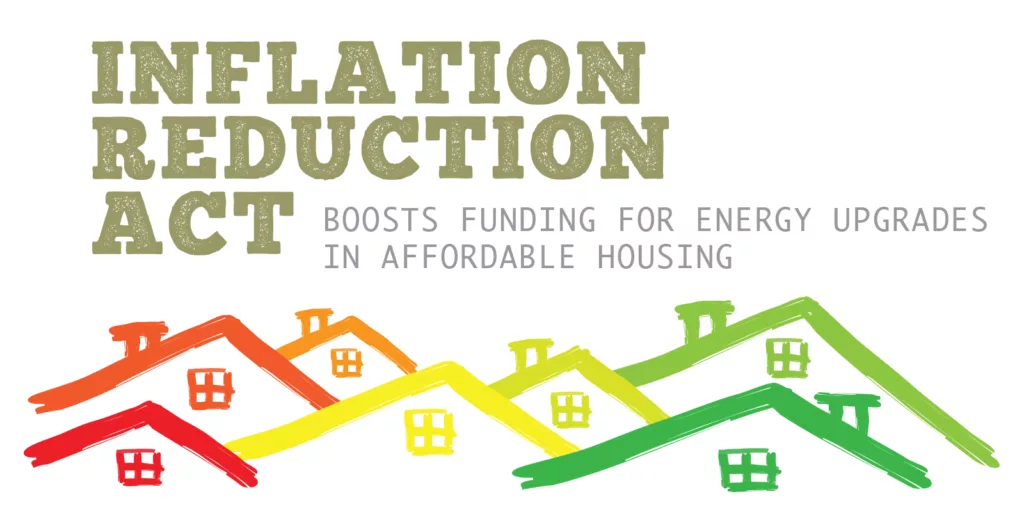By Russ Johnson, CPA
As the world moves towards a more sustainable future, clean energy has emerged as a frontrunner in the fight against climate change. However, transitioning from traditional energy sources to renewable ones is not always an easy or affordable task. Recognizing this challenge, governments around the world, including the United States, have implemented incentives to encourage the shift. Among these, the Investment Tax Credits (ITC) and Production Tax Credits (PTC) stand out as the Internal Revenue Service’s most powerful tools to drive the clean energy transition. Let’s delve deeper into how these incentives work and why they are pivotal for our sustainable future.
Investment Tax Credits
What is the ITC?
The Investment Tax Credit provides financial incentives for businesses and homeowners who invest in renewable energy installations. Essentially, it allows taxpayers to deduct a percentage of the eligible costs of installing a renewable energy system from their federal taxes.
How does it work?
The percentage a taxpayer can claim depends on the type of technology and when the installation took place. For example, solar energy projects that began construction before the end of 2019 were eligible for a 30% tax credit. However, this percentage decreases over time, as the intent is to stimulate rapid adoption and market maturity.
Benefits of the ITC:
By offsetting the upfront costs of renewable energy systems, the ITC is typically appealing to investors of renewable projects that incur high installation costs or that qualify for bonus credits. This also helps accelerate the deployment of solar panels, wind turbines, and other renewable energy technologies
Production Tax Credits
What is the PTC?
Unlike the ITC, which is based on the investment or capital cost of a renewable energy project, the PTC is a per kilowatt-hour tax credit for electricity generated by solar or other qualifying technologies for the first 10 years of a system’s operation. It reduces the federal income tax liability and is adjusted annually for inflation.
How does it work?
The PTC is primarily beneficial for large-scale photovoltaic, wind, biomass, geothermal, and certain hydropower projects. Once a project is operational, the credit is earned based on the actual energy produced and delivered to the grid. The credit amount varies depending on the technology, with wind projects historically receiving the highest credit.
Benefits of the PTC:
By rewarding energy production, the PTC ensures that renewable energy projects are not just built but are also efficiently operated. It supports the ongoing operations and maintenance of existing projects and incentivizes the continuous production of clean energy.
Conclusion
Both the ITC and PTC play a crucial role in the clean energy transition. By reducing financial barriers and incentivizing production, they’ve catalyzed significant growth in the renewable energy sector. As the urgency to combat climate change grows, such tax credits ensure that clean energy remains a competitive, viable solution for the world’s energy needs. It’s not just about going green – it’s about making it financially feasible and rewarding for everyone involved.
How can I help?

Russ Johnson, CPA
If you have questions about energy tax credits as part of the Inflation Reduction Act of 2022 for your current or future development, talk to the Real Estate Consulting team at Tidwell Group.










